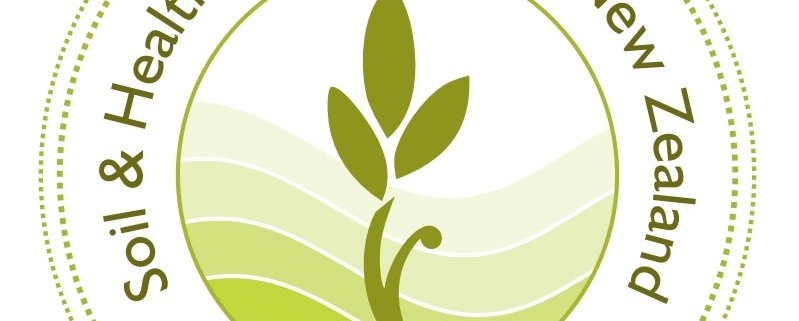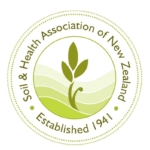2024 AGM of the Soil & Health Association
The 2024 AGM will be held from 10am-12pm on Saturday 28th September, by Zoom. Save the Zoom link ahead of time: https://us06web.zoom.us/j/86949789513
If you are unable to attend and would like to send your apologies, please email manager@organicnz.org.nz. Thank you.
Register now
Please register your attendance here,
Register direct with zoom by clicking on the button below (you will be redirected to another page to register via Zoom).
Agenda
- Welcome and Notice of General Business
- Acceptance of Agenda
- Attendance and Apologies
- Confirmation of the Minutes of the 2023 AGM and the May 2024 Special General Meeting
- Introduction of Voting Section
- Nominees for National Council
- Nominees address to members
- Questions to nominees
- Voting
- Reports
- Financial Report
- Chairs’ Report
- BioGro Report
- Report from the Auckland branch
- Remits
- General Business
- Closing
Papers
Draft Minutes of the May 2024 Special General Meeting
2024 Election of National Council
The nomination period has now closed and the following nominations have been received:
- Charles Hyland (current National Council Co-Chair). Nominated by Jenny Lux, seconded by Rebecka Keeling.
- David McNeill (current National Council member and Treasurer). Nominated by Jenny Lux, seconded by Charles Hyland
- Leane Makey (current National Council member). Nominated by Jenny Lux, seconded by Philippa Jamieson.
- Richard Wallis, nominated by Sophora Todd, seconded by Jenny Lux.
Candidate Details
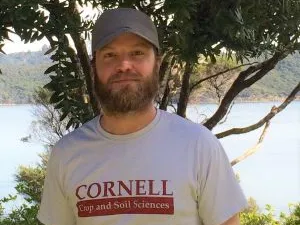
About Charles Hyland
Charles Hyland is a current co-chair of the Soil & Health Association of New Zealand and is also the founder of Agriscore, a company that evaluates farm sustainability. He was previously a soil research scientist at Cornell University, focusing on soil fertility, soil health and carbon sequestration. Charles has extensive experience in agricultural extension programs, publishing widely in his field and holding degrees in Soil Science from Cornell. During his tenure, he aims to initiate the opening of new regional branches, enhance our digital presence by launching a comprehensive website that includes a digital archive of Soil & Health’s publications, and develop a variety of multimedia content. These initiatives are designed not only to engage both members and the public but also to generate revenue that will support the growth and expansion of Soil & Health.
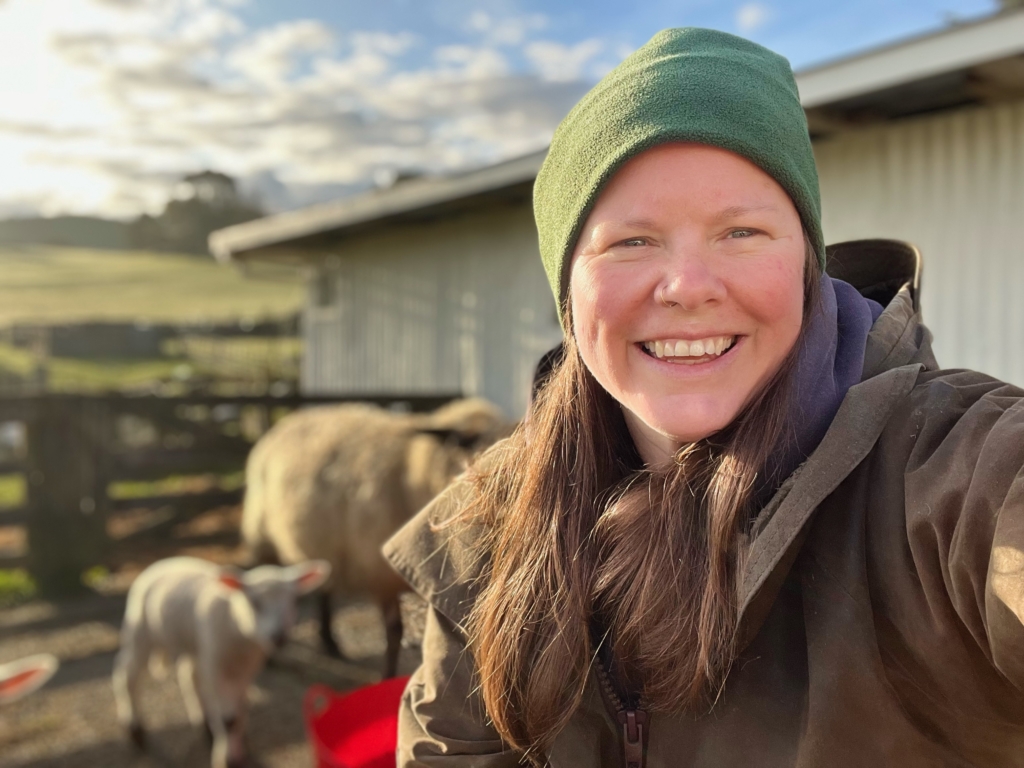
About Leane Makey
Leane lives in the Kaipara and describes herself as “grass-roots. Leane is a Hua Parakore (Tipuranga) grower and sheep farmer, with a PhD in environmental science and a science degree in marine biology. Her experience across implementing ecosystem and indigenous environmental management, research and practice brings a unique perspective to the challenges of living with soil and soil futures.

About David McNeill
David is a countryman, formerly at Kingseat in Franklin District. Developing a lifestyle block with avocados, an orchard, amenity & regeneration plantings, vegetable gardens, stock laneways, waterways, terraforming, children, building construction, machinery maintenance, bees and all the many tasks of turning pasture into a productive estate and home. Currently he is exploring NZ, looking for another suitable property.
He is passionate about healthy soil, fresh clean waterways, organic farming, mighty native forests, and the supply chain in providing fresh organic local produce to local communities. Networking with many communities in NZ to see how they organise their local organic sharing.
He has a service business in information technology to provide the funds for maintaining rural land. He also has strong skills and a degree in accounting and financial, from providing & supporting business software.
His intention for S&H is to facilitate local group connections, face to face meetings, seed & knowledge sharing to create strength and resilience through locally grown abundance. Also to help capture knowledge into appealing online content to share through the member network.
For S&H to lobby policy makers & resource controllers on behalf of all members and natural growers on issues that affect the quality of what we grow including air, water, pests & diseases, GM, agri-chemicals, mining, biosecurity, land use regulation, large scale solar, road run off, military training, flood protection, dams and all the many activities that can degrade soil quality and biomass.
All from a sustainable funding base, strong brand and prudent financial management.
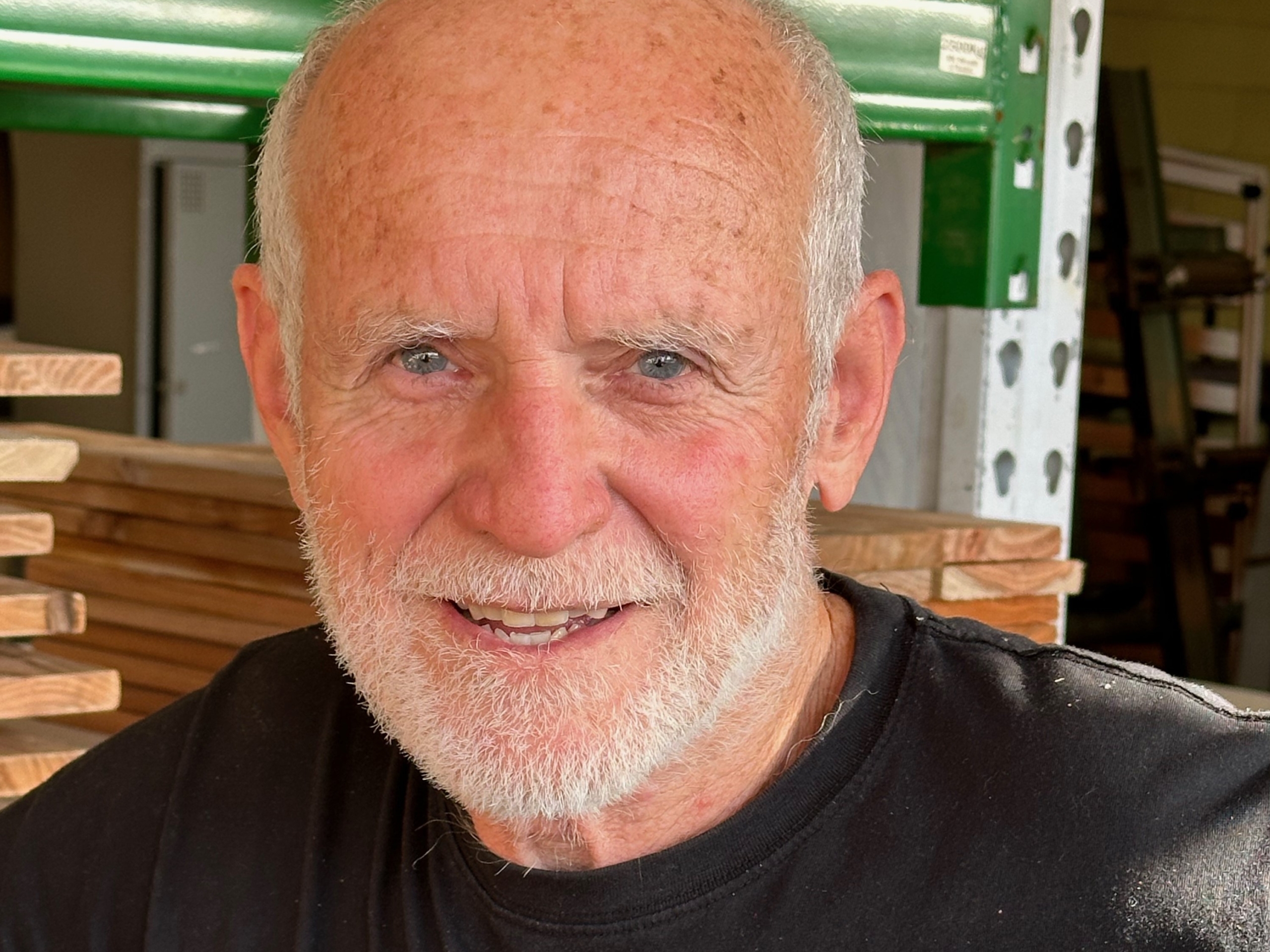
About Richard Wallis
After a long career in the law, I changed my focus to composting. I designed and patented the CarbonCycle composting system which is currently in use in nearly 80 schools around New Zealand as a teaching aide for ecosystem function and to provide compost in schools to enhance the soil biology and productivity of school kitchen gardens.
I am also engaged in making large-scale Johnson Su compost, again with a focus on creating a diverse productive soil microbiome for use in New Zealand agriculture and horticulture.
My hope is that I can contribute in a small way to the work of Soil and Health and take an active role in advocating, and gathering support, for a better New Zealand-wide climate policy.
I see this largely involves farming without nitrates and biocides in a way that decreases input costs and improves productivity and farmers’ profitability. I believe these outcomes are driven by the diversity of pastures and by diverse functional soil microbiomes.
These measures, in conjunction with native flora and fauna, in areas that are marginal such as steep slopes, gulleys, riparian margins, and the creation of native plant corridors. The policy will include ceasing to farm drained peatland, which would be re-wetted. The adoption of these remedial measures at landscape scale and watershed units will make New Zealand a leader in sustainable agriculture.
I believe that this agenda closely follows the counsel of Albert Howard in his prescient book “Soil and Health” published in 1944.
Voting for National Council Members
There are 7 positions available on National Council, and each councillor is elected for a two-year term. Of the current councillors, Rebecka Keeling continues the second year of her term. Jenny Lux (co-Chair) and Kaitlyn Lamb will step down at the AGM. Matt Morris has recently stepped down. This leaves six positions open for election at this year’s AGM.
Four nominations have been received for the six positions available. Whilst we have fewer candidates than vacancies, we still encourage you to vote. This ensures a strong mandate and support from our members for these volunteers.
Online Voting
If you are unable to attend the AGM on the day, we encourage you to cast your vote online prior to the meeting by completing this form.
Voting by Post
If you wish to cast a postal vote, please download and complete this form and return it to the postal address provided by Friday 27th September. The form can also be used to cast a postal vote on the remit (refer below).
Remits
There is one remit to be considered at the meeting:
- The National Council is recommending to members that Soil and Health changes its auditor to Kudos Murray Audit to audit the current financial year, ending 31st March 2025.
Background information on the remit
National Council would like to suggest to members that we engage the services of a new charity auditor after two years of service from Moore Markhams. The primary reasons are a) cost and b) timeliness of completion. This and last year’s audits were drawn out, and our AGM was delayed in both cases by not having the audit completed within the desired timeframe. We have done some investigation and obtained competitive quotes from other firms. We have secured a very competitive fixed quote from Kudos Murray Audit. Given the group’s financial challenges, this fits with our push to reduce costs. All auditors are required to be objective and independent, so these things being equal, National Council feels it is important to select an auditor that can provide service within fixed limits, and hopefully within a better timeframe. As we are a Tier 2 Charity, we must be audited each year.
How to Vote on the Remit
If you are unable to attend the AGM on the day, we encourage you to cast your vote online prior to the meeting by completing this form.

